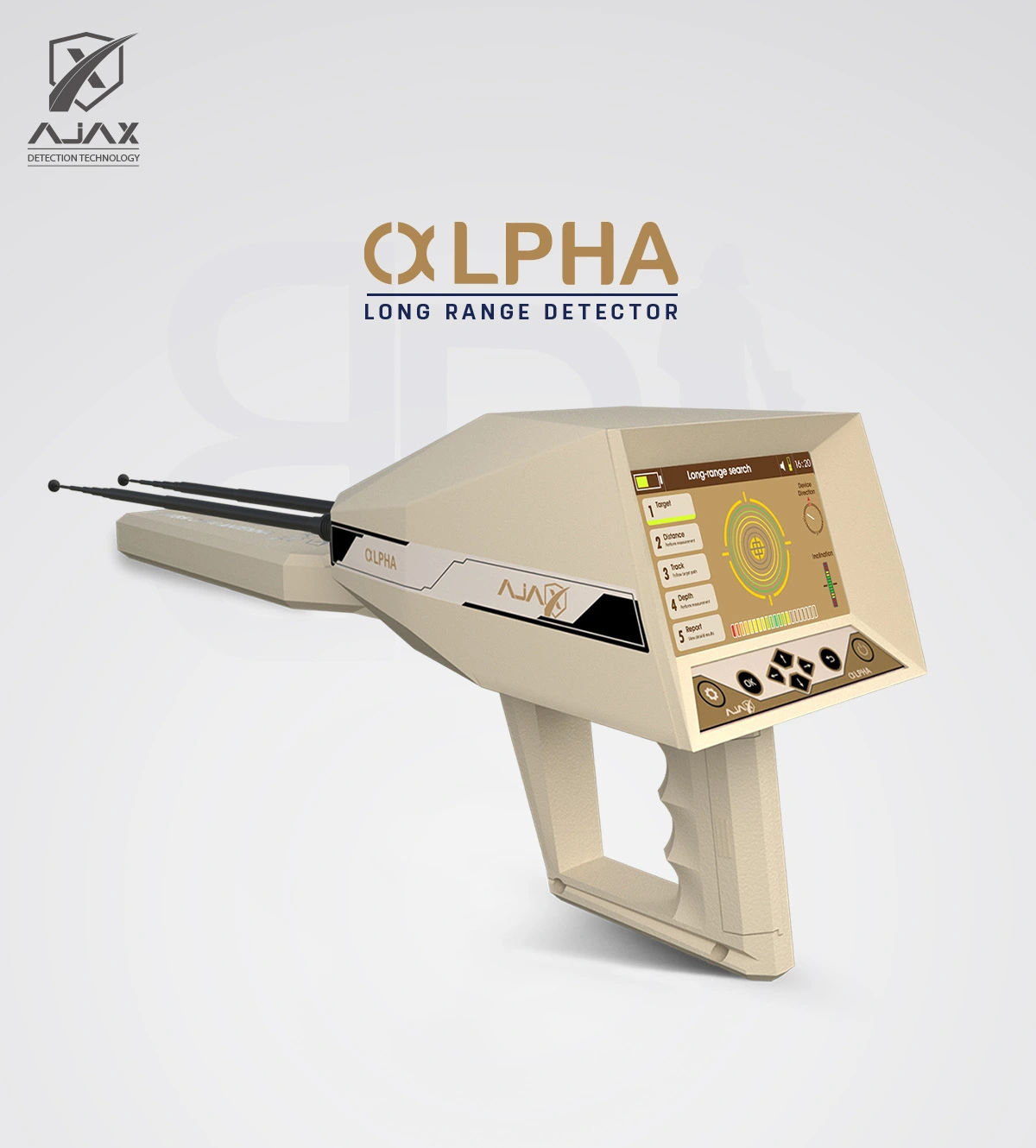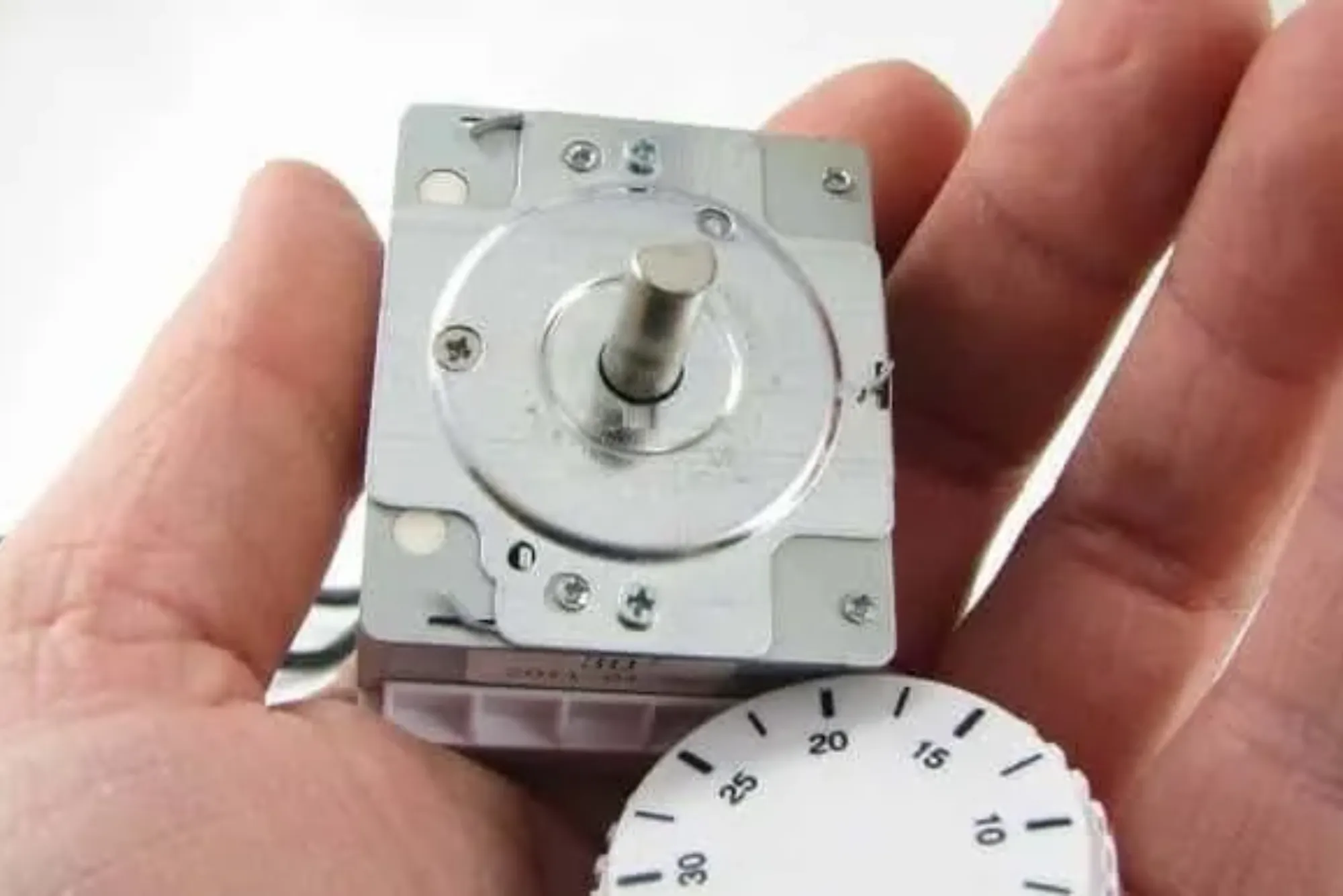In the fast-paced world of project management, staying organized is not just beneficial—it’s essential. Managing deadlines, tracking progress, and coordinating teams requires a combination of digital tools and physical stationery office supplies. While many project managers rely heavily on software platforms, the tangible benefits of well-chosen stationery cannot be overlooked. From note-taking to task tracking, having the right office supplies at hand can significantly streamline project workflows and enhance productivity.
The Role of Stationery in Project Management
Before diving into specific items, it’s helpful to understand what makes stationery office supplies distinct from general office supplies. Stationery typically refers to paper-based products, writing tools, and materials used for organizing information—think notebooks, pens, sticky notes, and folders. General office supplies, on the other hand, encompass a broader category including technology accessories, printer cartridges, cleaning products, and other operational necessities. Essentially, stationery is about capturing, organizing, and communicating ideas, which makes it particularly valuable in project management.
Project managers often juggle multiple tasks, deadlines, and team responsibilities. In this context, stationery serves as a bridge between strategy and execution. A well-maintained notebook or color-coded folder can provide clarity that a digital tool sometimes cannot, especially in situations that require quick referencing, brainstorming, or physical collaboration.
Notebooks and Notepads: Capturing Ideas Efficiently
Notebooks are an indispensable tool for project managers. Whether you prefer a hardcover journal or a spiral-bound pad, the ability to jot down ideas, meeting notes, or task lists is invaluable. Notepads are particularly useful for daily planning, allowing managers to track progress and mark off completed tasks.
Beyond the basic function of note-taking, specialized notebooks such as project logs or bullet journals can help in structuring project timelines. Many project managers also use color-coding systems in their notebooks, assigning different colors to tasks, milestones, or departments. This approach not only makes information easy to locate but also encourages a visual representation of the project’s status—a technique that’s often overlooked in digital-only workflows.
Writing Tools: The Unsung Heroes
While pens and pencils may seem mundane, the right writing tools can make a world of difference. Fine-tipped pens are perfect for detailed planning and annotations, while highlighters and colored markers can emphasize priority tasks or categorize work. Mechanical pencils, erasable pens, and gel pens all have their merits, depending on your workflow.
The tactile experience of writing has been shown to enhance memory retention and focus, which is particularly helpful when managing complex projects. Keeping a variety of stationery office supplies within easy reach ensures that project managers can quickly capture critical information without disrupting their thought process.
Sticky Notes and Index Cards: Flexibility and Visualization
Sticky notes are more than just reminders stuck on a monitor—they’re tools for dynamic project management. Project managers often use them to outline tasks, brainstorm ideas, or visualize project phases. They can be moved, grouped, or re-prioritized, making them perfect for agile project management techniques.
Index cards serve a similar purpose, providing a tactile way to organize tasks, client information, or project milestones. They are especially helpful in team settings, allowing members to participate in planning exercises or brainstorming sessions. Using these tools can foster collaboration, creativity, and a clearer understanding of project priorities.
Folders and Binders: Organizing Documentation
Projects involve a significant amount of documentation, including proposals, contracts, meeting notes, and reports. Folders and binders are essential for keeping these materials organized and accessible. Using color-coded folders for different projects or departments can save time and reduce errors.
Binders with clear sleeves or dividers allow for detailed project tracking. For example, a project manager might maintain a binder that contains sections for timelines, budgets, task assignments, and status reports. This physical organization complements digital tools, creating a reliable backup system and facilitating face-to-face discussions.
Planners and Calendars: Time Management Essentials
Effective project management relies on meticulous planning and scheduling. While digital calendars are popular, physical planners provide a tangible way to visualize deadlines, milestones, and personal commitments. Daily, weekly, or monthly planners allow project managers to track both macro and micro-level objectives.
Many planners now come with dedicated project management templates, including task prioritization, meeting notes, and progress tracking sections. These can help project managers maintain focus, avoid missed deadlines, and manage workloads more effectively.
Whiteboards and Visual Planning Tools
For team-based projects, whiteboards and corkboards are invaluable stationery office supplies. They enable real-time brainstorming, task assignment, and status updates. A simple whiteboard can be transformed into a project command center, where tasks are tracked, deadlines are displayed, and team members can visualize progress at a glance.
Visual tools also support agile methodologies, such as Kanban boards, which allow tasks to move across stages from “To Do” to “Completed.” This kind of physical representation often enhances team collaboration and provides an immediate sense of achievement as tasks are completed.
Specialized Stationery: Enhancing Productivity
Some stationery office supplies cater to specific project management needs. For example, tabbed dividers, sticky flags, and page markers improve document navigation, while label makers can assist in creating consistent filing systems. Staplers, hole punches, and paper clips are basic yet essential tools for keeping documentation tidy.
Digital tools and software are indispensable in modern project management, but physical stationery complements them by providing an intuitive, accessible, and distraction-free environment. For instance, brainstorming on paper often sparks creativity that digital screens may suppress, and jotting ideas quickly avoids the friction of opening apps or switching platforms.
Sourcing Quality Stationery Office Supplies
The quality of stationery office supplies directly impacts productivity. Low-quality pens, notebooks that tear easily, or flimsy folders can slow down work and create frustration. Reliable suppliers like Stockpoint offer a wide selection of high-quality office and stationery products designed to meet the rigorous demands of project managers. By investing in durable, well-designed stationery, project managers ensure that their tools support efficiency rather than hinder it.
Stockpoint, in particular, provides options for notebooks, planners, pens, and organizational tools that combine both functionality and durability. With a dependable supplier, managers can streamline procurement, maintain consistent quality, and ensure that their teams have access to the necessary materials at all times.
Integrating Stationery with Digital Tools
While stationery is highly valuable, its effectiveness is maximized when combined with digital tools. For example, notes taken in a physical notebook can later be digitized for sharing with remote teams. Whiteboard sketches can be photographed and uploaded to project management platforms. This integration ensures that both physical and digital workflows complement each other, creating a comprehensive project management system.
The key is balance: relying solely on digital tools may reduce tactile engagement and memory retention, while depending only on physical stationery can limit collaboration in remote environments. A combination of high-quality stationery and efficient digital platforms ensures clarity, productivity, and streamlined communication.
In project management, the right stationery office supplies are far more than simple tools—they are enablers of productivity, organization, and collaboration. From notebooks and pens to sticky notes, folders, and planners, each item plays a crucial role in helping project managers capture ideas, track progress, and communicate effectively.




